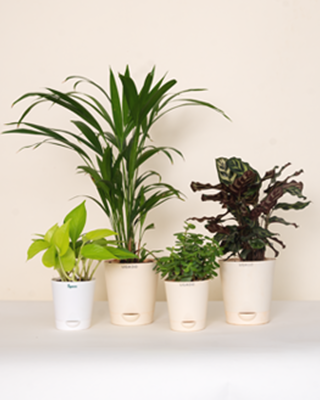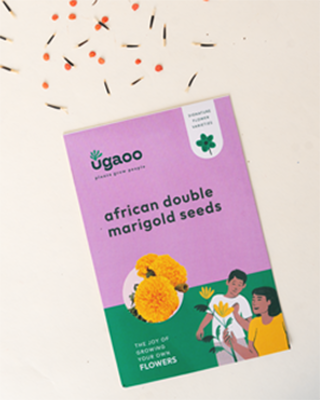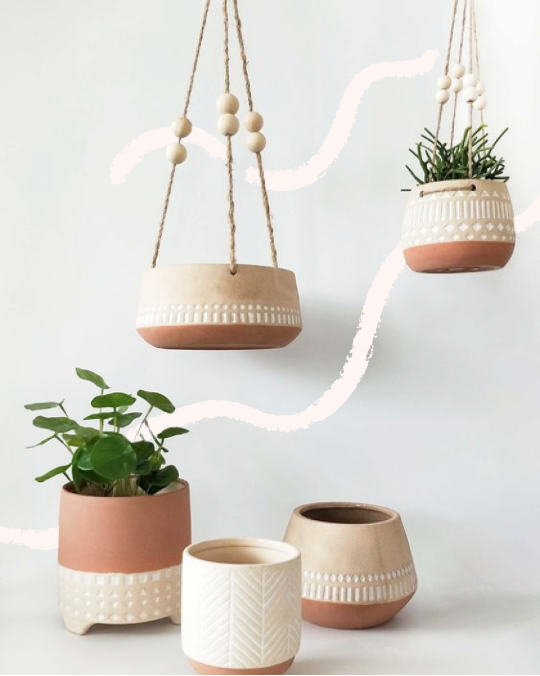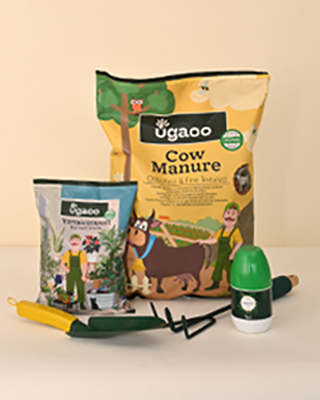You might be wondering that if I can simply brew a few leaves in hot water or use a flavored tea-bag, then why should I grow these herbs?
Well, because herb tea comes with nine dazzling benefits and they are:
- Herbal tea with its decongestant properties helps in the soothing cold.
- These teas act as natural antidepressants.
- The antioxidants in herbal tea prevent damage caused due to free radicals and reduce aging.
- Tea brewed with herbs relieves nausea.
- Flavonoids and phenols in herbal tea help in regulating high blood pressure.
- Studies have revealed that herbal teas calm the nerves, reduce anxiety and help people suffering from insomnia sleep better. Chamomile tea is the best stress buster tea known.
- Another happy side effect of herbal teas is that it aids digestion problems and relieves constipation.
- Patients with diabetes could use herbal tea to regulate their blood sugar levels.
- Tea brewed with ginger has anti-inflammatory properties and provides relief from rheumatic aches.
Read about herbs which cures diabetes.

Though you can make tea using any herb, on this blog we have cited 6 herbs that can be grown in both small and large gardens!
1. Anise Hyssop
Leaves and flowers of this herb can be used to prepare a tasty licorice-flavored tea. It is a perennial that thrives well in full sun and well-drained soil. You can plant it in your small garden space or grow it in herb container sets. If you wish to harvest abundant plants and flowers you can use large pots.

2. German Chamomile
Known for its calming properties, German Chamomile, is a lightly-flavored tea that is grown in masses in large gardens. For a bountiful harvest, you should harvest the flowers as soon as they appear. This annual can be started from seeds and thrives well in full sun. For a decent harvest, plant it in a small space.

3. Lemon Balm
To relish a steaming cuppa of lemony flavored tea, grow Lemon Balm. This calming herb is also known to aid stress, insomnia, and anxiety. Its leaves can be used to prepare super tasty ice tea as well. It is a perennial that is very vigorous if allowed to self-seed. For a bushy plant keep cutting it back and also prevent it from self-seeding. When planted in a container, do not forget to water it frequently. The plant thrives well in full sun to partial shade.

4. Lemon Verbena
This particular herb can be savored the entire year in combination with others. Its lemony-scented is refreshing. The herb would thrive well in a limited garden space and would grow into a bushy plant with abundant leaves. It prefers well-drained soil and full sun. It can be grown as an annual.

5. Mint
You might have relished Mint tea pretty often. This perennial herb takes care of digestion. You need to grow this perennial in moist soil and partial shade. If not raised contained, it tends to spread vigorously and take over your garden. Do not forget to water it regularly. If you are growing mint in pots, just like Lemon Balm you can overwinter them in a cold and dark place. Buy flavorful mint seeds online.

6. Raspberry Leaf
This wonderful tea herb is rewarding when you plant it in an ample space. Tea brewed from this herb can be cherished both hot and iced. This perennial prefers full sun and well-drained soil. Choose young leaves for preparing tea, and do not forget to prune the plant at regular intervals.

Do you have a tea garden? Which herbs do you prefer growing? Share the recipes in the comments section below.
Cheers, my tea-mate!












